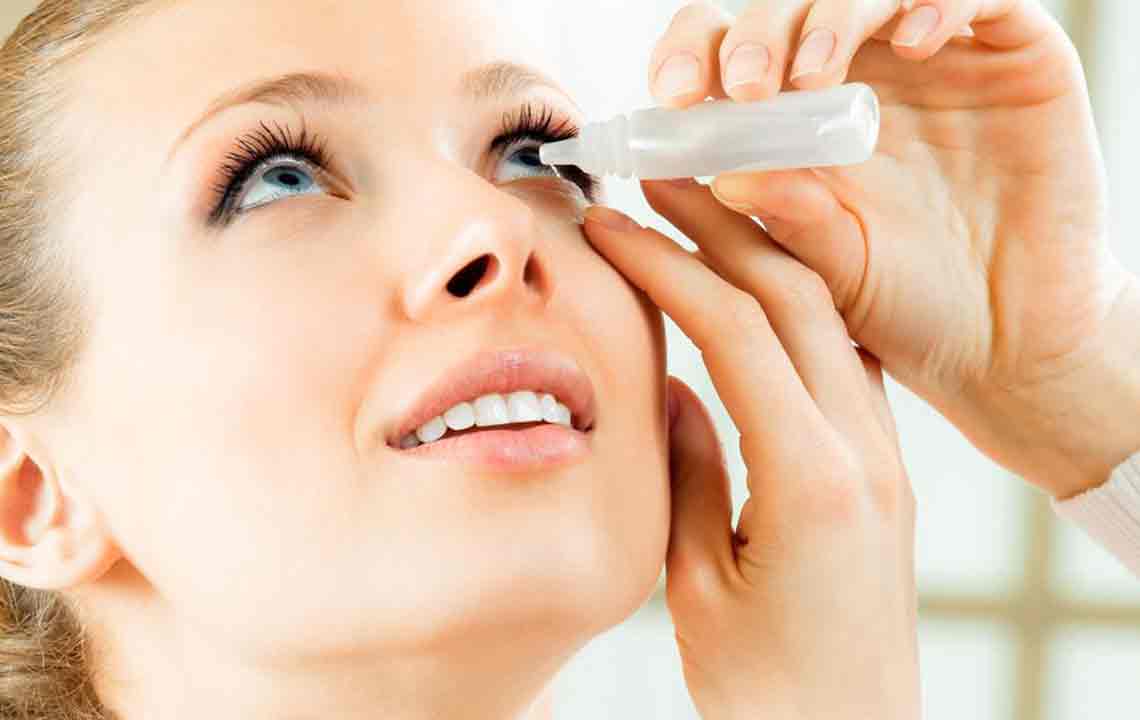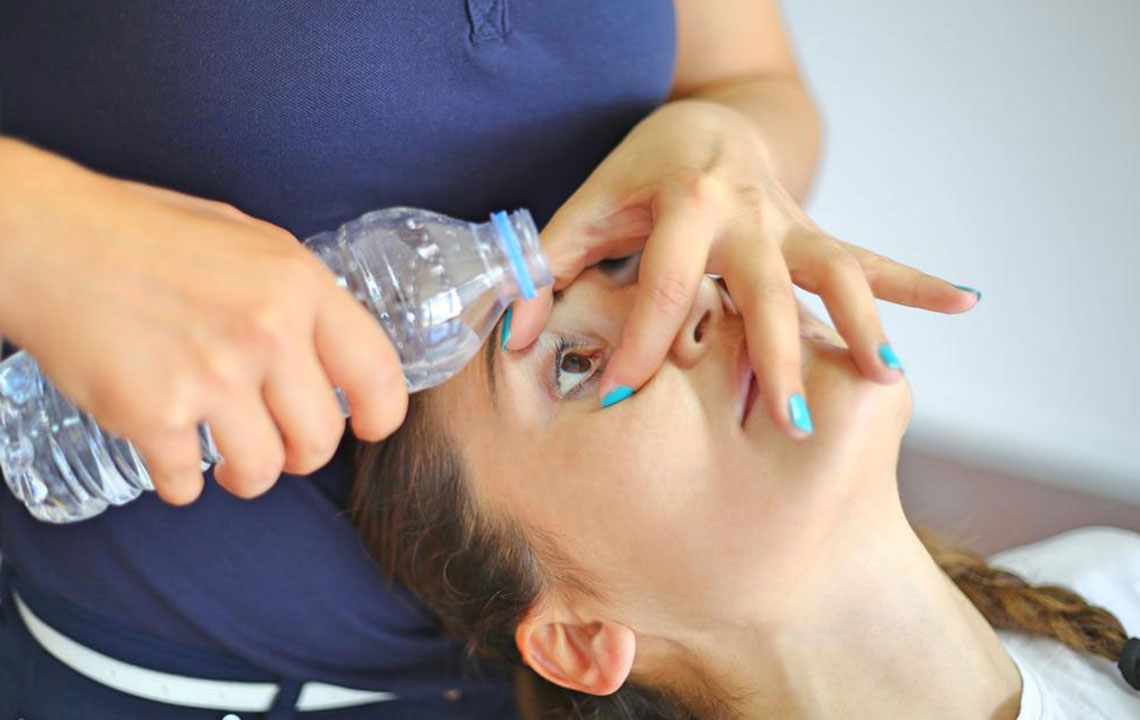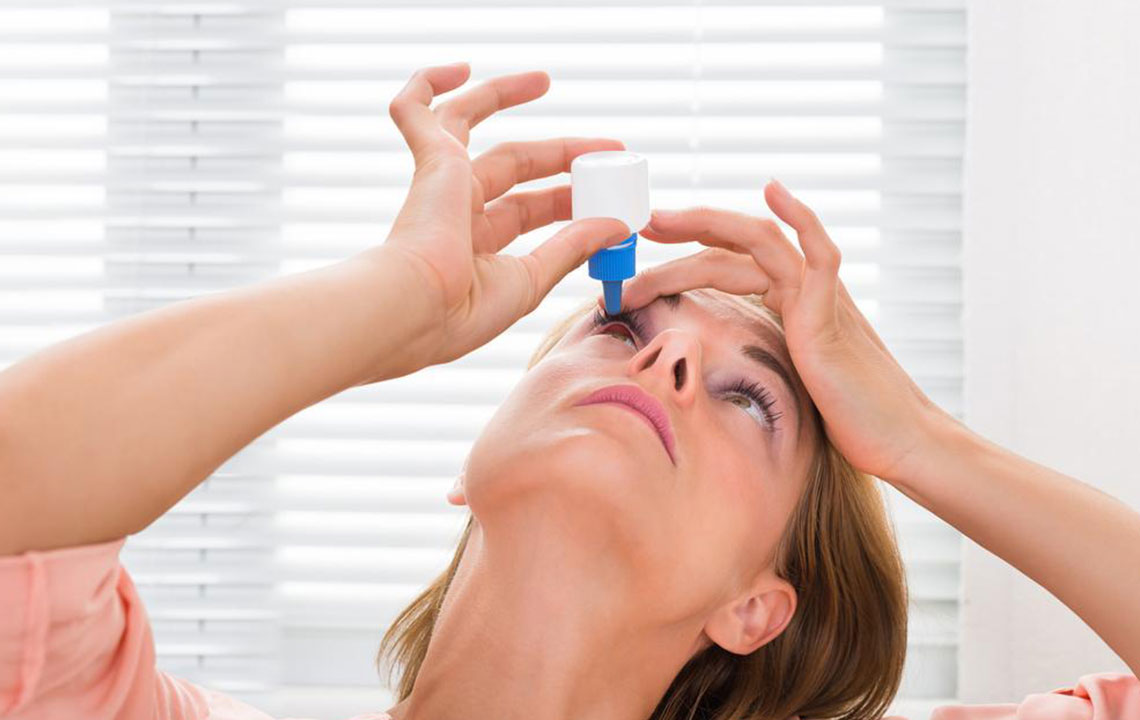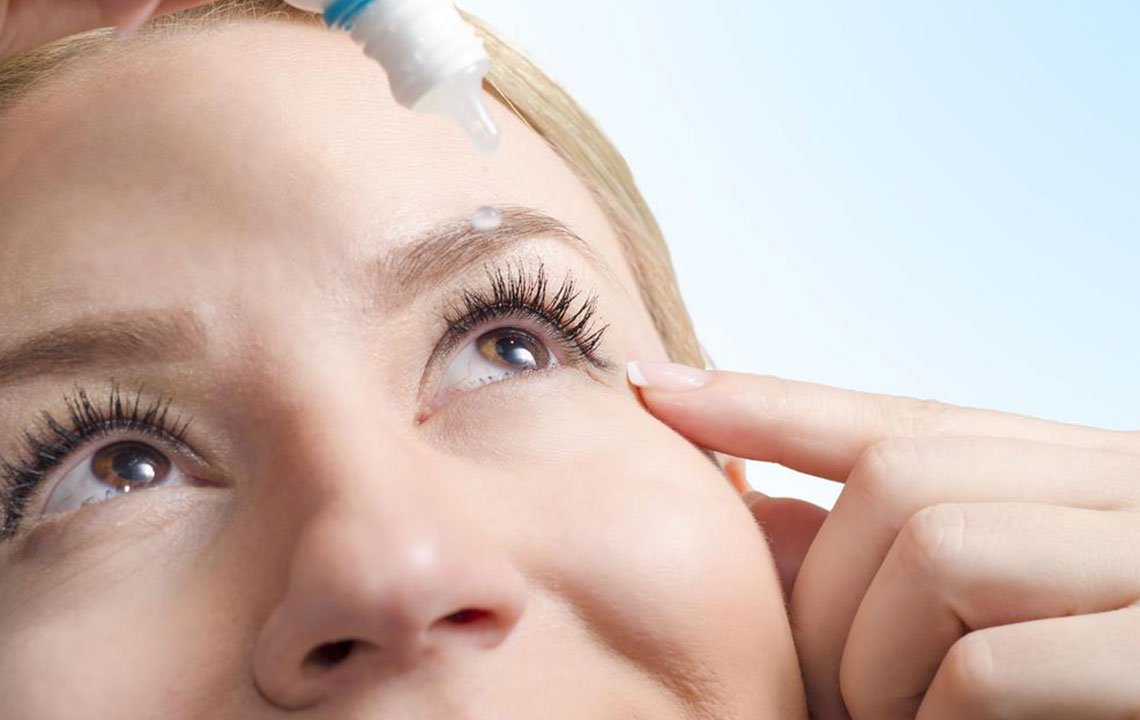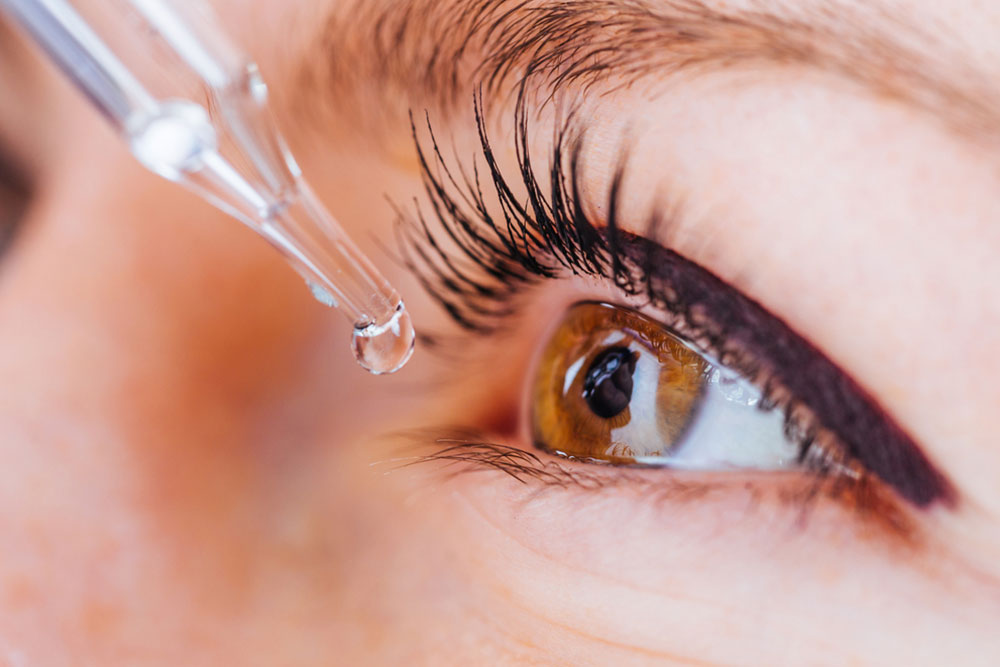Choosing the Best Remedies for Dry Eye Relief
This article explores effective solutions for dry eye relief, including eye drops like artificial tears, cyclosporine, and autologous serum drops. It emphasizes the importance of consulting eye care specialists before starting treatment and highlights causes such as environmental factors and health conditions. Proper diagnosis and personalized treatment are key to managing dry eyes effectively, ensuring comfort and eye health. The article offers practical guidance for choosing appropriate remedies and understanding underlying causes for better eye care.
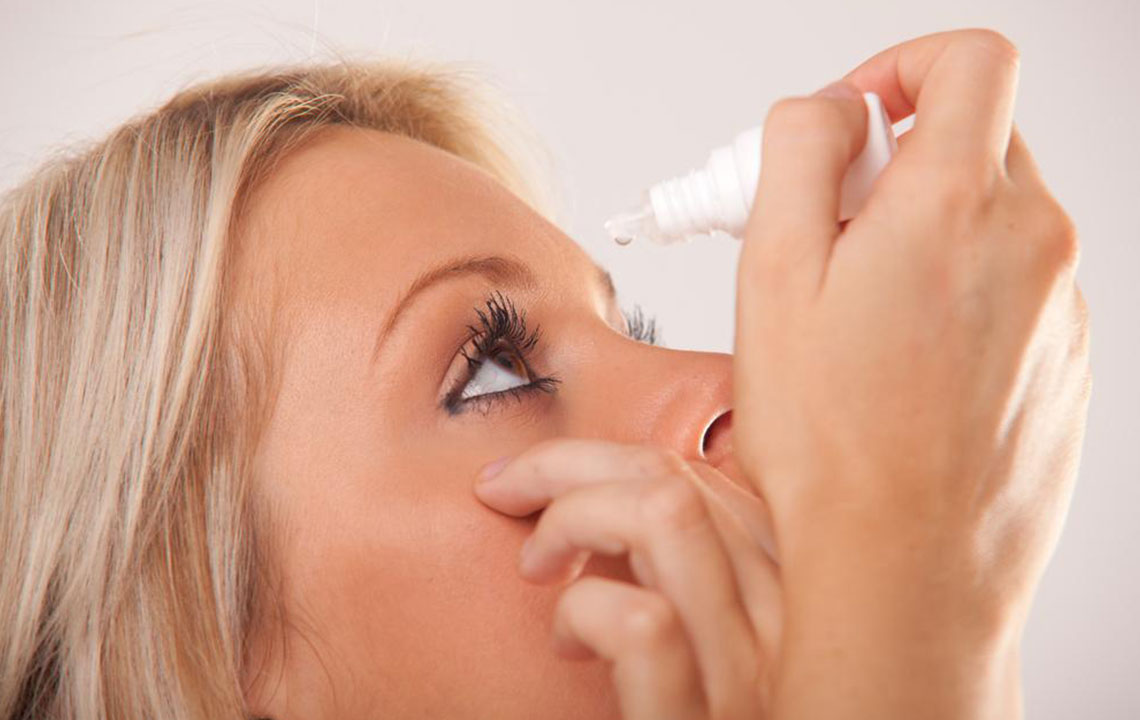
Choosing the Best Remedies for Dry Eye Relief
Dry eyes are a widespread issue, especially among middle-aged and senior individuals. In particular, over 4.88 million people in their 50s are affected nationwide, with more women experiencing this condition than men. Hormonal fluctuations, such as those during pregnancy, menopause, or from birth control pills, can contribute to higher incidence rates among women. Other causes include aging, environmental factors, medications, and underlying health conditions. Proper diagnosis and treatment are essential for effective relief.
Dry eyes can also result from environmental dryness, prolonged screen time, or certain illnesses. Medications like antihistamines may worsen symptoms. Fortunately, various treatment options are available today, primarily including eye drops. Depending on severity, doctors might prescribe specific solutions or recommend over-the-counter products to alleviate dryness.
Here are common treatments used to soothe dry eyes:
Artificial tears help keep eyes hydrated; selecting the right type is crucial.
Cyclosporine eye drops stimulate tear production and are effective when used twice daily under medical supervision.
Lifitegrast, a prescription medication that reduces inflammation, can also provide relief.
Patients with severe cases may try autologous blood serum drops derived from their own blood, offering a personalized treatment option.
Sometimes, additional therapies or ointments are combined with eye drops for enhanced comfort.
Consider these factors before selecting eye drops:
Consult an eye specialist before trying OTC solutions.
Avoid drops that reduce eye redness, as they don’t treat dryness effectively.
If you have glaucoma or other eye conditions, seek medical advice before using any medication.
Different ingredients suit different individuals; what works for one may not work for another.
Preservative-free eye drops are recommended for sensitive eyes to prevent irritation.
Causes of Dry Eyes
Chronic dry eye may require prescription treatments rather than over-the-counter options.
Underlying health conditions or side effects of medications can contribute. If a medication causes dryness, consult a doctor about alternatives or manage symptoms with eye drops.

